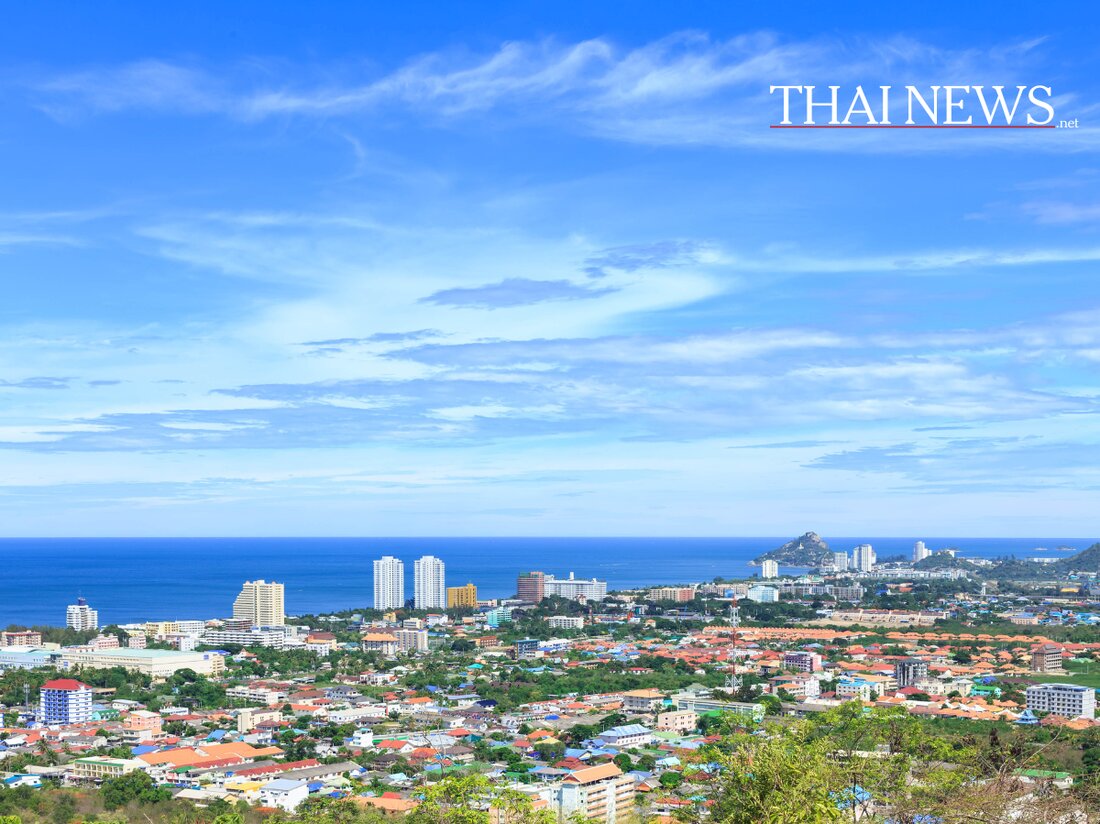SRT steps up legal fight over disputed land in Buriram!
The SRT fights for state land in Buriram: lawsuits against 15 properties to protect public assets.

SRT steps up legal fight over disputed land in Buriram!
The reclaiming of state land in Buriram is well underway. The State Railway of Thailand (SRT) has stepped up its legal activities and is determined to pursue the return of 15 properties in the Khao Kradong area. This initiative follows an initial lawsuit filed on October 14th against property owners who appear to be using the land commercially. Now, on October 24, the SRT filed new lawsuits in the Buriram Provincial Court to force the owners in question to leave the properties. The affected properties include numbers 600, 601, 602 and 1095.
The background to the legal disputes are comprehensive land titles that were issued in the past by the land allocation authority. The SRT, which also plans to defend its rights to the affected land, has already taken legal action against other large occupiers on October 17th. A spokesman for the SRT explained that the aim of these measures is to protect public assets and ensure the proper use of state land.
Political support for SRT
The matter has also attracted political attention. Deputy Prime Minister Suriya Jungrungreangkit has supported the SRT in its efforts, stressing that at least 5,000 rai of land in the Khao Kradong area is owned by the SRT. He made it clear that the SRT must reclaim the land, otherwise an allegation of dereliction of duty could be made. Suriya is not alone in his opinion. Anutin Charnvirakul, also Deputy PM, has called on all parties involved to wait for the Higher Administrative Court's ruling before taking further steps.
The discussion surrounding the reclamation has caused a great stir, especially because over 400 villagers in the Isan and Samet sub-districts hold land titles proving their ownership. These villagers could potentially receive compensation where appropriate. In this context, it is also mentioned that 12 local government institutions whose buildings are located on the disputed land are affected. They could potentially be given the right to rent the land, similar to other state institutions.
Legal framework in focus
The legal framework should not be neglected here. According to that Land Law of Thailand Foreigners can purchase land if certain conditions are met. The law, which came into force on December 1, 1954, regulates all aspects of land ownership and determines who can acquire what, where and how in the country. Given the complexity of the matter, it is important for everyone involved to follow the legal requirements carefully.
The SRT plans to act transparently and fairly to regain the community's trust. Public discussions and conversations with affected residents, such as those that took place on October 21, are part of this strategy. A good hand at resolving disputes can help in the long term to eliminate misunderstandings and promote harmonious coexistence.
Land in Thailand remains a hot topic, and developments in Buriram are just one of many examples of the challenges facing both local communities and state institutions. Balancing legal claims and citizens' rights remains a complex but necessary challenge.

 Suche
Suche
 Mein Konto
Mein Konto
